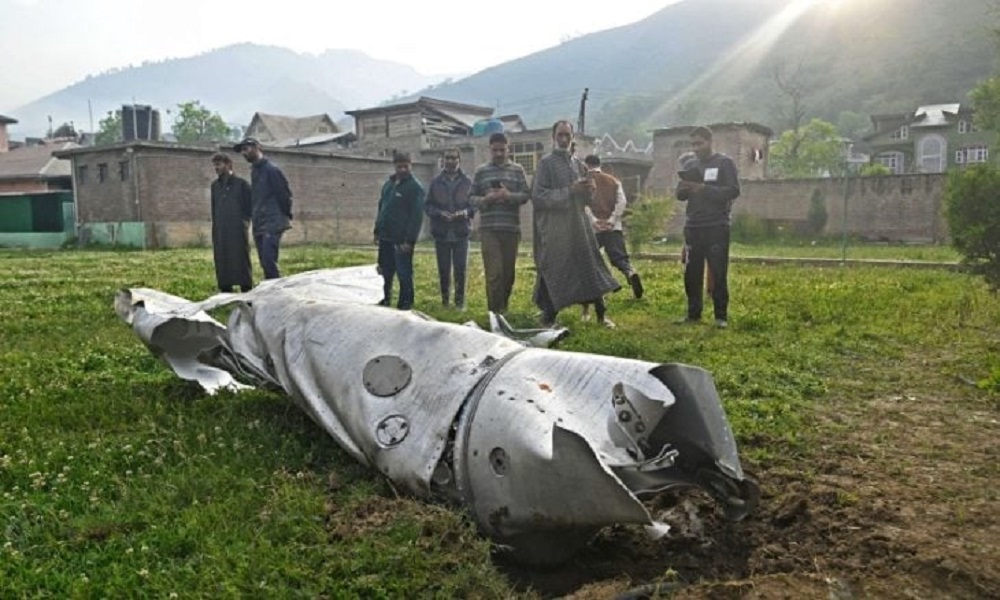Watan-The Indian army has acknowledged suffering aerial losses during recent air force operations against Pakistan, while a tense calm now prevails along the border following a ceasefire agreement that both countries have accused each other of violating.
India’s air force stated today that “losses are part of combat,” without providing details, but confirmed that all pilots returned home after operations carried out last week.
On the other hand, a Pakistani military spokesperson told Reuters on Wednesday that five Indian aircraft had been shot down. While India has not confirmed this, four government sources in Indian-administered Kashmir told Reuters that three fighter jets had crashed in the region just hours after India claimed to have bombed nine targets inside Pakistan.
Meanwhile, a Pakistani military spokesperson revealed in a Sunday press conference that, before the ceasefire took effect, Pakistani warplanes bombed 26 Indian military facilities and flew dozens of drones over key Indian cities, including the capital New Delhi.
Return to Calm
The border between India and Pakistan has remained quiet since both sides agreed to a truce brokered by Washington, ending the most violent confrontation between the two nations since 1999.
A senior Pakistani officer in Muzaffarabad, speaking anonymously to AFP, confirmed, “No armed incidents have been reported since this morning.”
Peace has also returned to the Indian town of Poonch (northwest), which was heavily affected by Pakistani shelling. Its daily market reopened, and fruit vendor Sohail Anjum, 15, expressed relief: “I’m very happy. I hope we can go back to work and that this calm lasts.”
Over the past four days, the nuclear-armed neighbors exchanged artillery fire, drone attacks, and missile strikes, prompting fears of an all-out war and global appeals for restraint.
Tensions initially flared on April 22 when gunmen killed 26 people at a tourist site in Indian-administered Kashmir. India blamed the group Lashkar-e-Taiba, while Islamabad denied involvement and called for an independent investigation.
Diplomatic Reactions and Commitments
Pakistan’s Foreign Ministry reiterated its commitment to fully implement the ceasefire agreement and approach the situation with responsibility and restraint, despite what it called Indian violations.
It welcomed the U.S. presidency’s statement on Indo-Pakistani relations and praised Washington’s constructive role in securing the ceasefire and de-escalating tensions.
Pakistan also expressed appreciation for President Donald Trump’s willingness to support efforts toward resolving the Jammu and Kashmir dispute, emphasizing that any lasting settlement must align with United Nations Security Council resolutions.
Indian and U.S. Positions
India, for its part, announced that it would resume consultations in the coming days. Indian Deputy Foreign Minister Vikram Misri accused Pakistan of violating the ceasefire agreement, a claim Islamabad denies.
President Trump said he was “very proud” of the strong and decisive leadership shown by both India and Pakistan, noting that U.S. mediation helped avert catastrophic loss of life.
He added that the United States would significantly increase trade with both India and Pakistan, despite not having discussed the matter yet, and pledged to continue working with both nations to seek a resolution to the Kashmir issue.
